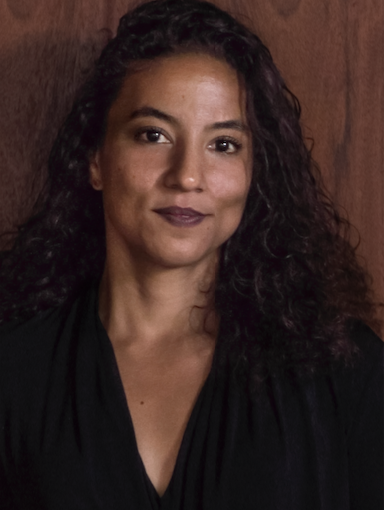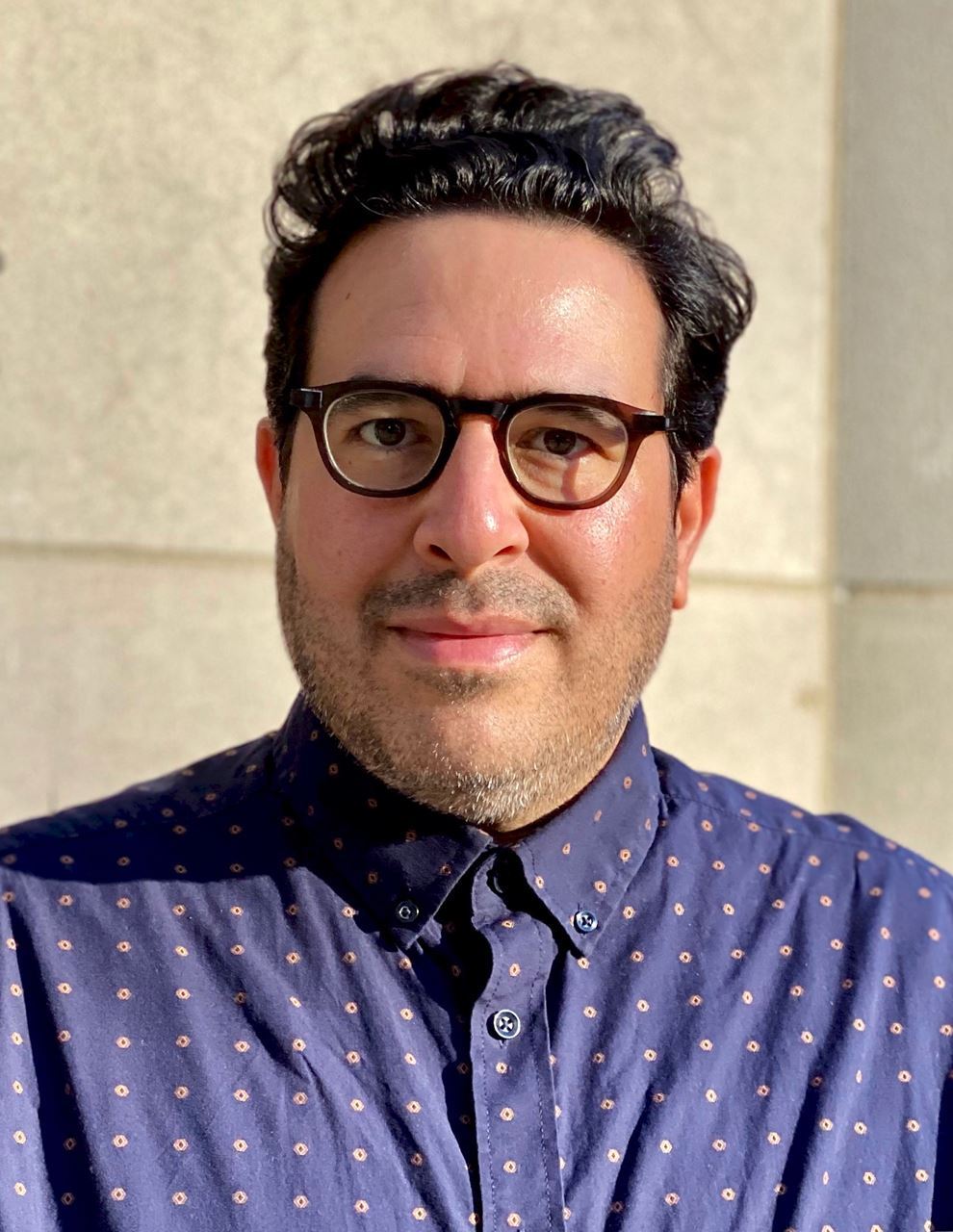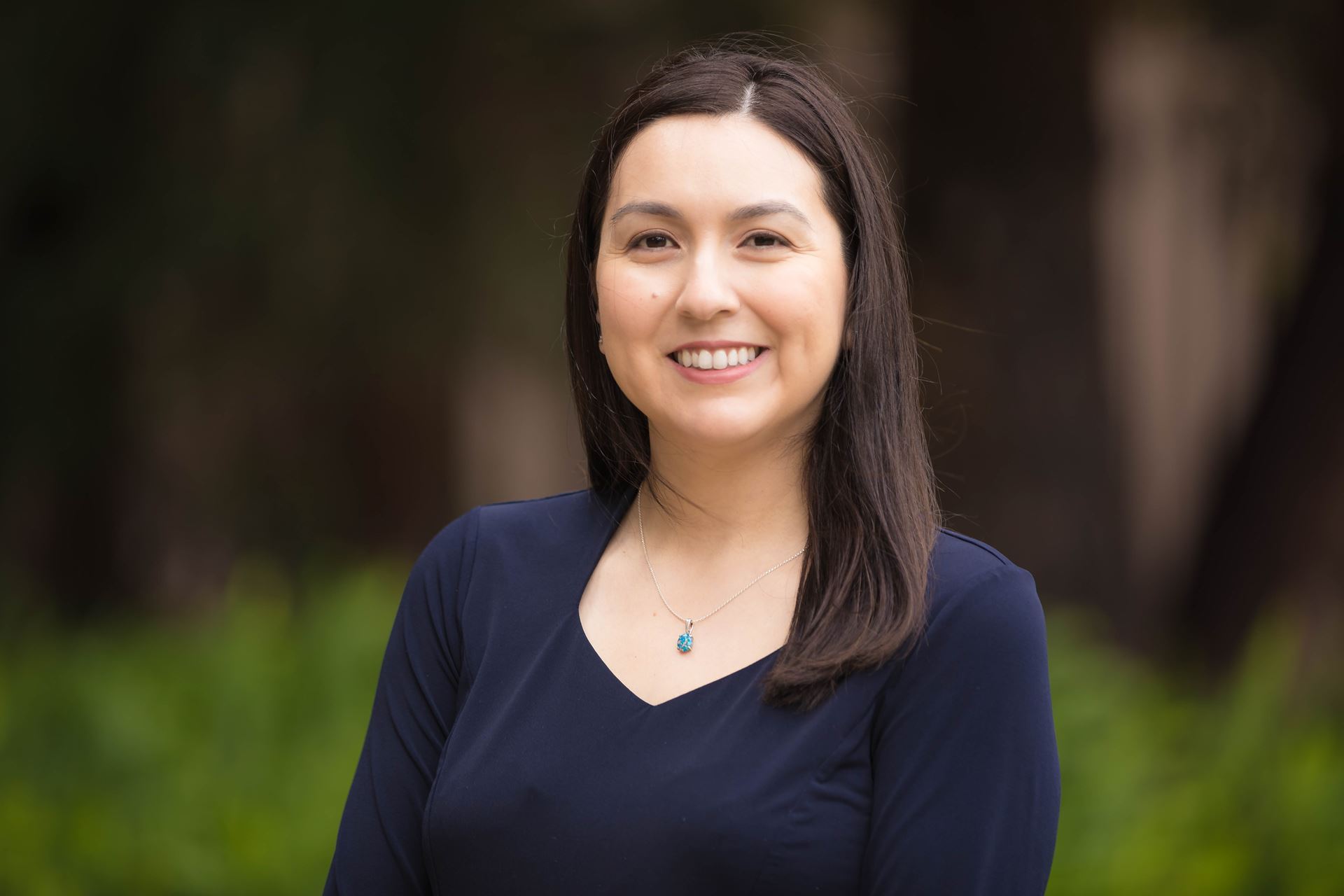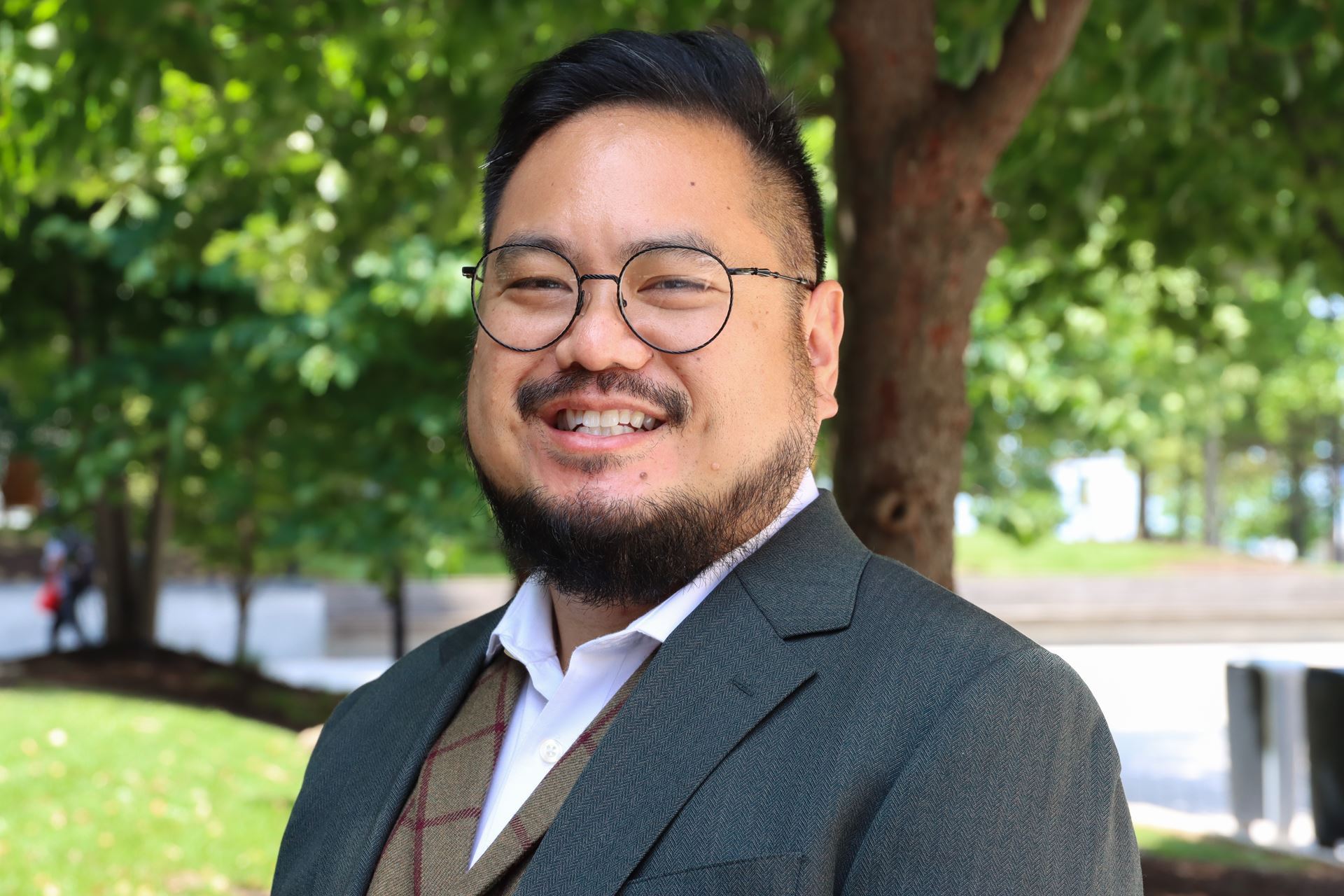The UHA is pleased to announce our new President-Elect and new board members, who will begin their service on January 1, 2024.
As always, we express our deepest gratitude to the outgoing board members who will complete their terms on December 31, 2023.
Thank you to the outgoing UHA board members:
Luther Adams - Free Man of Color
René Luis Alvarez
Lisa Krissoff Boehm
Julius L. Jones
Lisa Keller
Johana Londoño
Kyle Roberts
Welcome to the UHA's President-Elect:
Elizabeth Hinton
Elizabeth will serve for two years as President-Elect, alongside the UHA President.


Elizabeth Hinton is Professor of History, African American Studies, and Law. Her research focuses on the persistence of poverty, racial inequality, and urban violence in the 20th century United States. Professor Hinton’s first book, From the War on Poverty to the War on Crime: The Making of Mass Incarceration in America (Harvard University Press 2016), examines the implementation of federal law enforcement programs beginning in the mid-1960s that transformed domestic social policies, expanded urban policing, and facilitated the dramatic expansion of the U.S. prison system. From the War on Poverty to the War on Crime received numerous awards and recognition, including the Ralph Waldo Emerson Award from the Phi Beta Kappa Society. Her recent book, America on Fire: The Untold History of Police Violence and Black Rebellion Since the 1960s (Liveright 2021), won a Robert F. Kennedy book award. America on Fire draws on exclusive sources to uncover a previously hidden geography of violence in smaller American cities and provides a new framework for understanding the problem of police abuse and the broader, systemic repression of Black people and other people of color in post-civil rights America. From the War on Poverty to the War on Crime and America on Fire were both named New York Times Notable books. Hinton has published in The American Historical Review, The Journal of Urban History, Science, Nature, and the Journal of American History. Her writing can also be found in the pages of The New York Times, The Atlantic, The Washington Post, and New York Magazine, among other popular outlets.
Welcome to the UHA's new board members:
Mike Amezcua

Mike Amezcua is Associate Professor of History and member of the Global Cities Initiative at Georgetown University. Amezcua’s first book, Making Mexican Chicago: From Postwar Settlement to the Age of Gentrification (University of Chicago Press, 2022) draws on a rich array of sources ranging from the federal government to City Hall to neighborhood organizations, to chronicle a remarkable story of migrant & Latinx city-building in the face of systemic inequality, marketplace discrimination, and the ever-capacious forces of segregation. The book provides a searing portrait of the creation of America’s third housing market; not Black or white, but Latinx. Making Mexican Chicago was the winner of the First Book Award by the Immigration and Ethnic History Society. Amezcua was also the co-winner of the Arnold Hirsch Award for Best Article in a Scholarly Journal for 2019, awarded by the Urban History Association. His writing has appeared in The Washington Post, Teen Vogue, Public Books, Zócalo Public Square, and elsewhere. At Georgetown, he created the Raza Landscapes Lab which trains students to document and preserve Latinx metropolitan histories through community-based archiving, oral history, and digital platform-building for the dissemination of historical knowledge of under-archived communities. Amezcua believes scholars in the field of urban history provide the most generative innovation, constantly pushing the boundaries for understanding metropolitan life, the built environment, and its profound inequities. Moreover, Amezcua is committed to continuing the great work of the UHA with respect to making our field inclusive and reflective of the changing makeup of our historical profession.
Genevieve Carpio

I am honored to serve on the UHA board, where I would bring my leadership experience in national associations, commitment to the public humanities and teaching, and research on urban and regional histories to my role. As someone who has found the UHA to be a generative space for my academic research in twentieth century (sub)urban histories and my professional training as an Urban Planner (MA) since I was a PhD student, I know first-hand the importance of the organization. Since my first UHA conference in Las Vegas in 2010, I have completed my PhD in American Studies and Ethnicity at USC, a postdoc in History at Yale, and rose to Associate Professor in Chicana/o and Central American Studies at UCLA. My research focuses on the intricate connections between regional development and the formation of race throughout the 20th century. My book, Collisions at the Crossroads: How Place and Mobility Make Race (UC Press), delves into how marginalized communities negotiated racial hierarchies through their metropolitan movements in Southern California. Currently, I am working on a new project, Pacific Imaginaries: Architecture, Movement, and Race Making from California to New Zealand, 1914-1945, exploring the history of race-making, Indigeneity, and circulation of Spanish Revival architecture through the Pacific. Promoting interdisciplinary historical research on race in urban communities drives my commitment to organizational roles that have prepared me to serve on the UHA Board. Notably, I have spent the past three years on the Board of California Humanities, providing advice and oversight on programming and financial decisions, I have worked as the Chair for prize committees, such as the Western Historical Association Owens Book Award and the American Association of Geographer’s Rose Award for Anti-Racism Research and, and I have helped organize large conferences, most recently serving on the Planning Committee for the National Humanities Conference in its largest convening to date.
Shakti Castro

Shakti Castro is a Phd Candidate in the Department of History at Columbia University. She holds a B.A. from Hunter College and an M.A. from the University of Massachusetts Amherst. Her dissertation project focuses on illicit drug use, the development of syringe exchange programs, and AIDS activism within Puerto Rican communities in New York City and the archipelago. She uses a variety of interdisciplinary research methods, including archival research, oral history, ethnography, geography, and material culture, to examine Puerto Rican movements for queer and drug user rights and safety. Shakti's work situates Puerto Rican harm reduction as a crucial part of protest for racial equity and claims of space that challenge colonialism and gentrification Her writing has appeared in the NACLA Report on the Americas and Public History News.
Koji Hirata

Koji Hirata is a lecturer (a position equivalent to an assistant professor in the US system) at Monash University in Australia. He earned his Ph.D. in history from Stanford University and subsequently undertook a Research Fellowship (JRF) at Emmanuel College, Cambridge, before joining Monash. Koji’s research explores modern China, Japan, and Russia/Soviet Union, with broader implications for the global history of capitalism and socialism. His articles appeared in Journal of Urban History, The American Historical Review, and Modern Asian Studies, among others. His first book, Making Mao’s Steelworks: Industrial Manchuria and the Transnational Origins of Chinese Socialism (Cambridge University Press, forthcoming in 2024) chronicles the rise and fall of a gigantic steel-making enterprise, Angang, located in Manchuria (Northeast China). He is currently working on a companion book, , tentatively titled Steel Metropolis: An Urban History of Maoism, focusing on the urban history of Anshan—a steel town that developed around Angang.
Nic John Ramos

Nic John Ramos currently holds a joint appointment in the department of History and the program in Africana Studies at Drexel University. His research broadly investigates the interlocking relationships between urban real estate and healthcare, especially in regards to how the quality and kinds of healthcare afforded to citizens is shaped by race, sexuality, and space. His book manuscript in progress, “Health as Property: Making Race, Sexuality, and Poverty Productive in Global Los Angeles, 1965-1986” examines a Black-led Academic Medical Center built as a response to the 1965 Watts Uprisings. His published work can be found in American Quarterly (AQ), the Journal of History of Medicine and Allied Sciences (JHMAS), Gay and Lesbian Quarterly (GLQ) and the Journal of the History of Sexuality.
Akira Drake Rodriguez

Akira Drake Rodriguez is an Assistant Professor at the University of Pennsylvania’s Weitzman School of Design. Her research examines the ways that disenfranchised groups re-appropriate their marginalized spaces in the city to gain access to and sustain urban political power. She is the author of Diverging Space for Deviants: The Politics of Atlanta’s Public Housing, which explores how the politics of public housing planning and race in Atlanta created a politics of resistance within its public housing developments. She is also the lead author of A Green New Deal for K-12 Schools, through her work with the climate + community project. She has received funding from the Spencer Foundation and the University of Pennsylvania’s Environmental Innovation Initiative and Projects for Progress funds to support her work around school facilities planning in Philadelphia public schools. Her next book manuscript examines the role of Black women community organizers in producing collective care in the built environment in the absence of capital and presence of harm over the 20th century.
ToniAnn Treviño

ToniAnn Treviño is a scholar of Mexican American history, with a focus on the war on drugs, urban history, and policing in the U.S.-Mexico borderlands. She is an Assistant Professor of History at the University of North Texas. ToniAnn’s manuscript in progress examines how ethnic Mexicans in San Antonio experienced overlapping anti-narcotics crusades and crafted responses to drug policing through religious, medical, and social institutions. She explores how federal, state, and local narcotics-control programs framed transnational urban spaces as extensions of lawless U.S.-Mexico borderlands. Her research centers an untold, community-based history of how Mexican and Mexican Americans in San Antonio navigated the nation’s escalating drug war. Community stakeholders, many of whom identified as recovering addicts, contested racially discriminatory narcotics policing, fought for federal funds to establish local rehabilitation programs, and reached out to neighborhood drug users through grassroots Latinx-led support groups. ToniAnn hopes that her time on the Board of Directors for the Urban History Association would be her first of many roles in service to the organization.